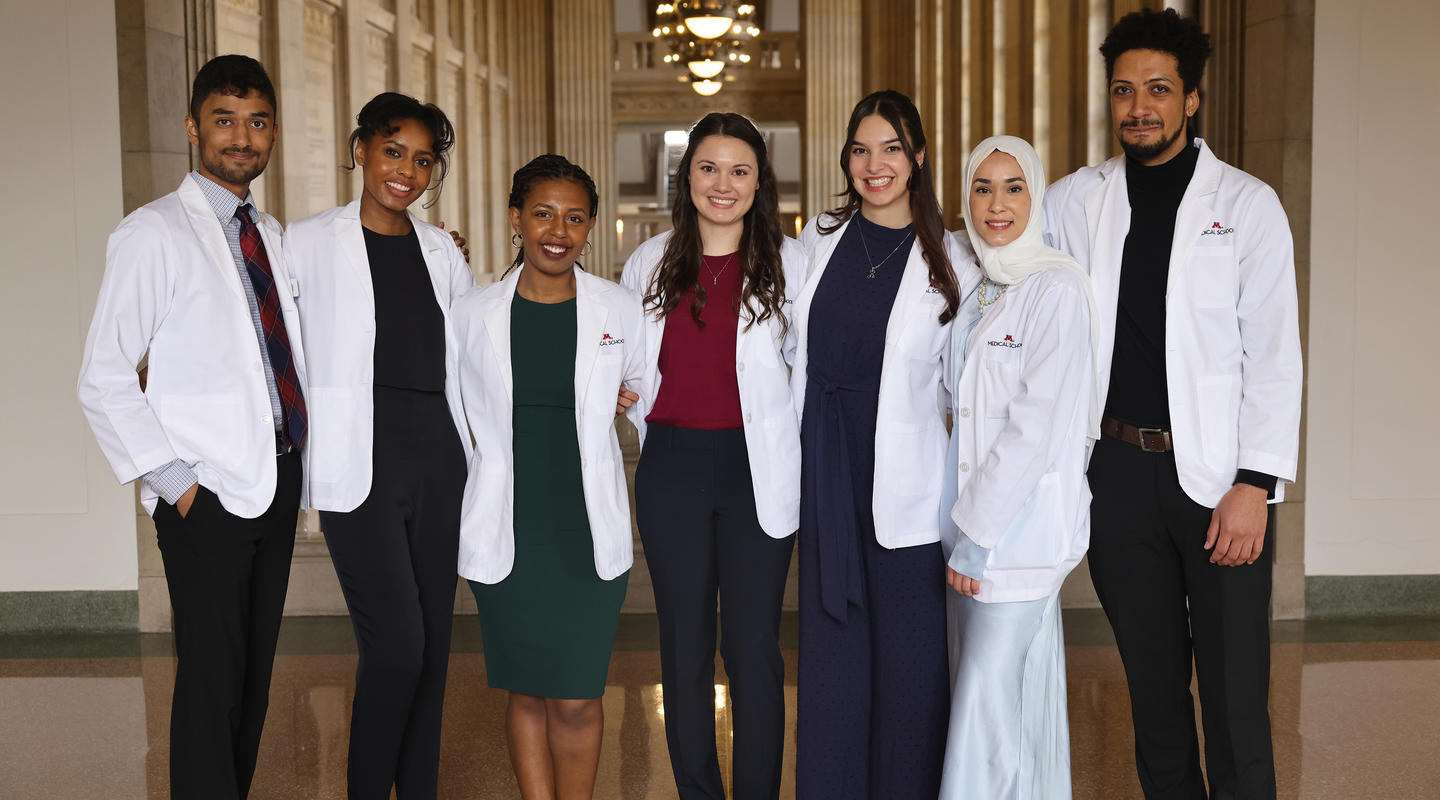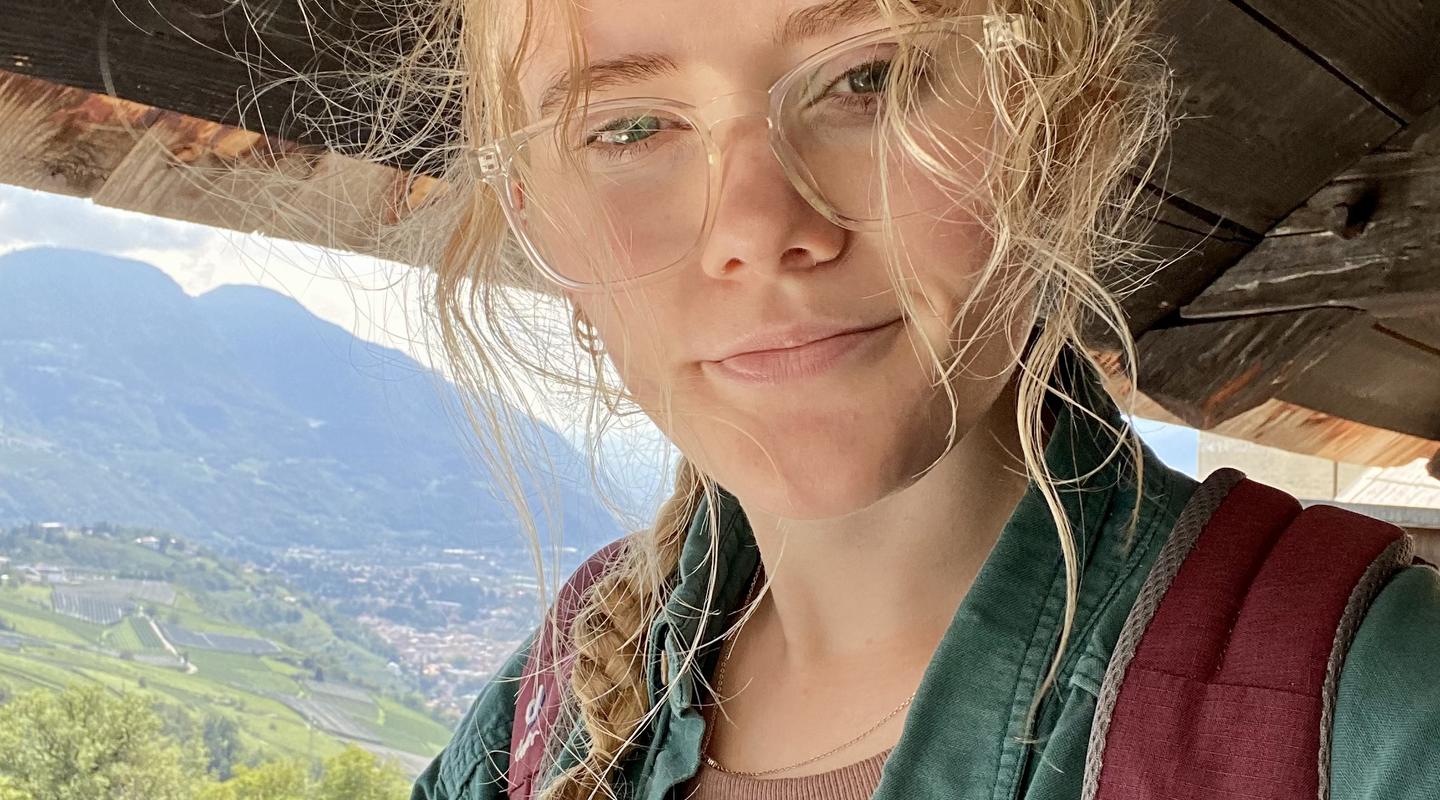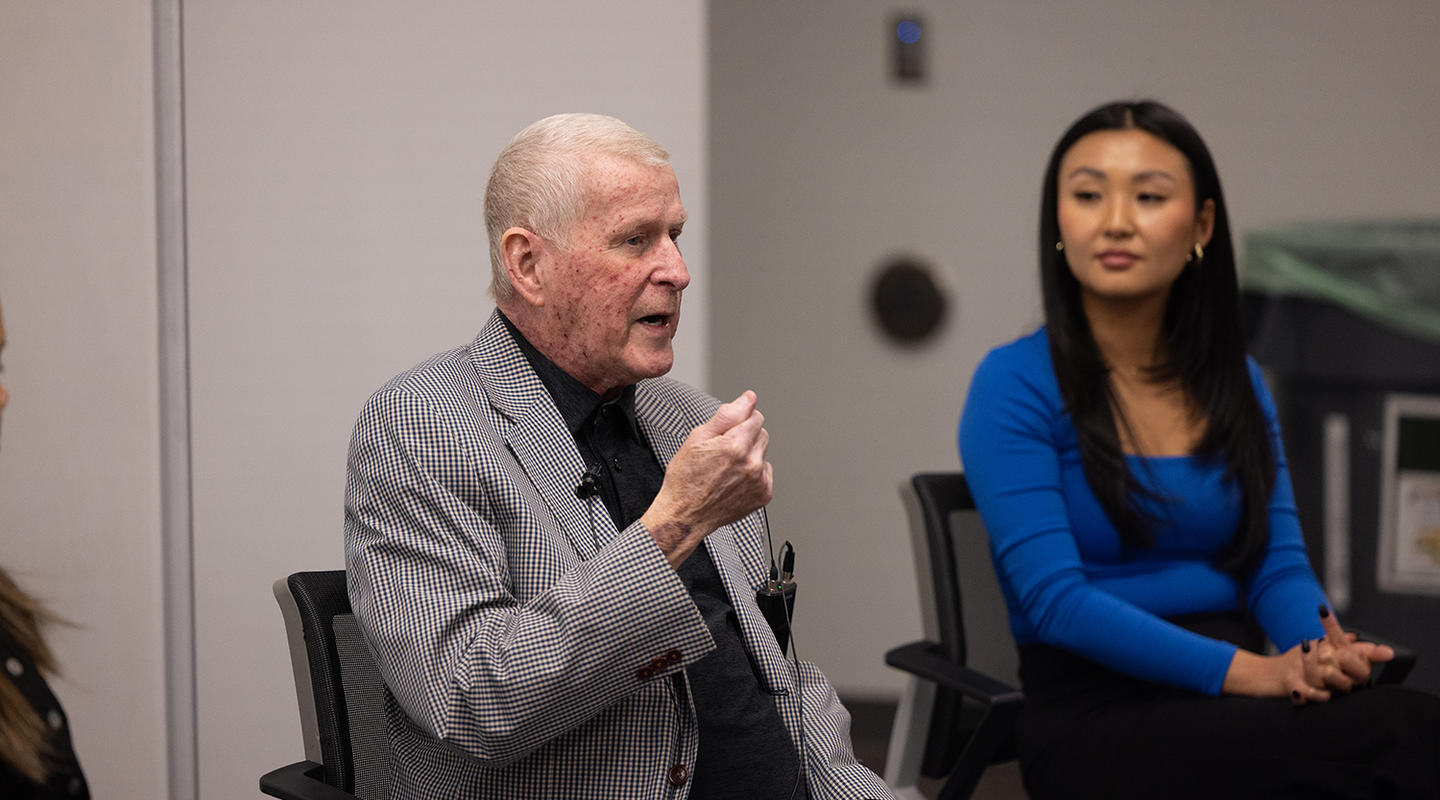
Courtesy Nadia Phillips
Nadia Phillips discovered her love of plants in her senior year in high school. As a member of Future Farmers of America (FFA) in Mankato, she shadowed florists at two different shops to learn floral design.
“That’s what got me into plant science,” says Phillips, who is in her third year studying at the U of M College of Food, Agricultural and Natural Resource Sciences (CFANS).
But continuing her education beyond school wasn’t a certainty. “I didn’t feel I was smart enough until some of the teachers really pushed me to go further with my education,” she says.
Her parents were apprehensive as well. Both went directly to work after graduating from high school. Neither had experience with applying to college, filling out the FAFSA, or student loans. “And we couldn’t afford it,” Phillips says. But she was determined not to let that stop her.
Phillips knew she wanted to go to the U of M because of its plant science program.
“The St. Paul campus really drew me to it. I wanted the big city and small-town vibe. St. Paul had that vibe,” says Phillips, who lived in Bailey Hall her first year. She had been saving money from a job at a grocery store and received scholarships from FFA and through CFANS. “Without them, I probably wouldn’t be able to be here,” she says.
Since starting at the U, Phillips has immersed herself in plant science. Her first year, she got a job at the USDA-ARS Cereal Disease Lab in St. Paul working with wheat and wheat stem rust. That led to an interest in plant pathology. She continues working there today, sorting, cleaning, and harvesting seeds, working in the greenhouse, harvesting wheat stem rust spores, and creating seed packets to send to researchers in other countries.
“Wheat stem rust is particularly devastating,” she says. “I like working to develop a resistant crop to help with food security.”
She is also doing an internship with the IPREFER (Integrated Pennycress Research Enabling Farm and Energy Resilience) pennycress breeding program on campus and is involved in the Gopher Crops and Soils Club and Sustainable Plant Systems Club.
In addition, she serves as a CFANS Ambassador, giving tours to prospective students and calling to congratulate them when they are accepted to the college.
Phillips says she could see herself in a career working to make plants more disease-resistant, prevent incoming invasive species, or protect trees from disease. “I haven’t gotten to exactly what I want to do,” she says, “but I have a range of options that sound great to me.”
Phillips says her parents are “very proud” of her and all she’s been able to do, and she credits professors and staff at CFANS as well as Boynton Health with helping her navigate college. “Know that you’re not alone in these situations.”
Make a gift to support Learners to Leaders: Drive for University of Minnesota Students and help tomorrow’s leaders like Nadia realize their dreams.


